How the Payy Card is Revolutionizing Private Stablecoin Spending on Solana
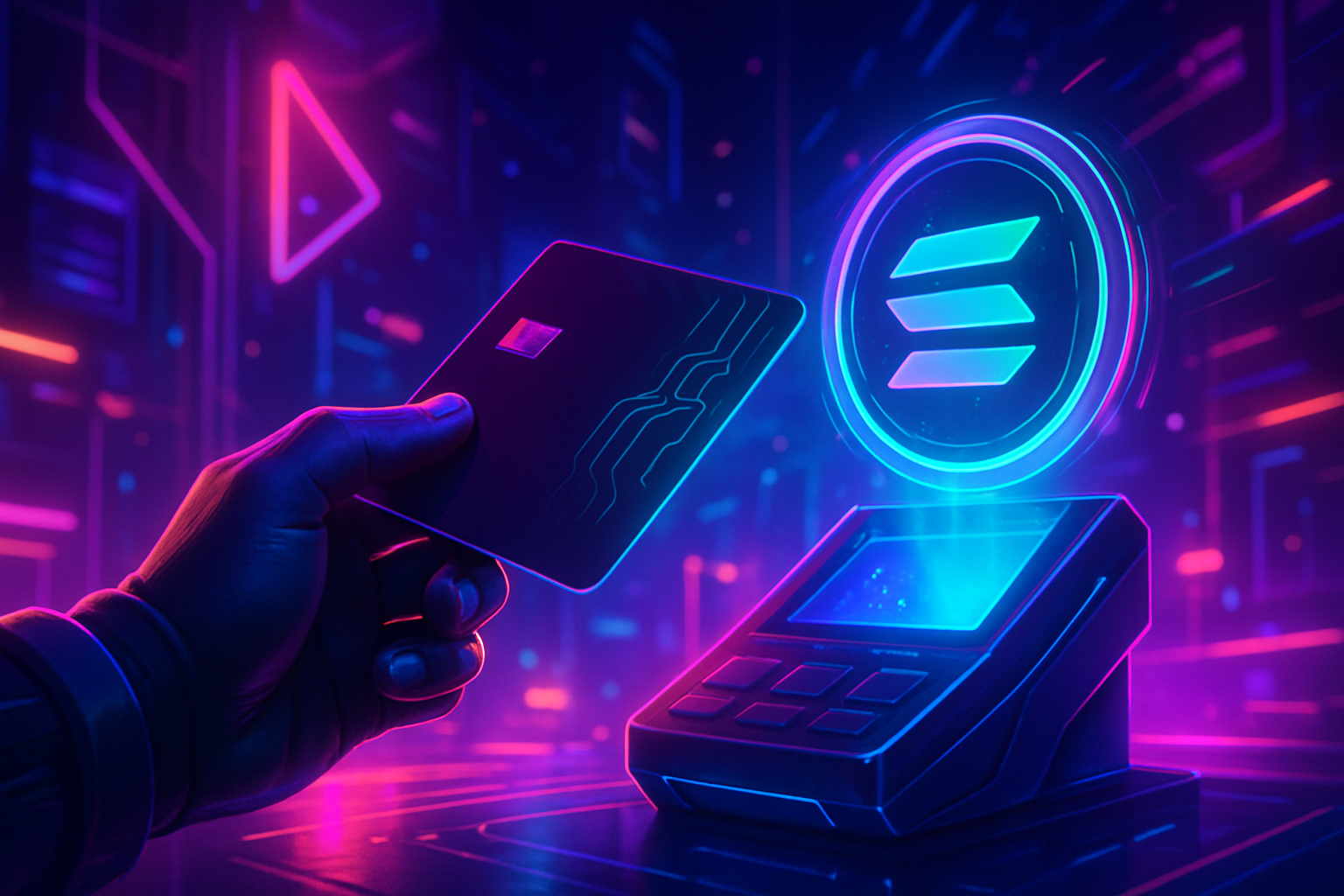
In the rapidly evolving world of crypto payments, maintaining privacy without sacrificing usability has long been a challenge. Most blockchains, including Solana, make every transaction publicly visible. This transparency is great for auditability but not for those wanting true financial privacy. Enter the Solana Payy Card – a game-changer that’s rewriting the rules for private stablecoin spending on Solana.

Solana’s Public Ledger vs. Payy’s Private Payments
Solana has earned its reputation for lightning-fast transactions and minimal fees, making it an ideal network for stablecoin payments. However, until now, every transaction – from wallet addresses to amounts – was viewable by anyone with a block explorer.
The Payy Visa Card, designed by ex-Apple engineers, flips this paradigm on its head by integrating zero-knowledge proofs (ZKPs) and a custom private ledger to shield transaction details from prying eyes. When you spend USDC or other stablecoins using the Payy Card at any Visa-accepting merchant, your payment amount and wallet address remain confidential. Instead of broadcasting raw data to the blockchain, Payy transmits only an updated state hash and a ZKP, making it cryptographically impossible for outsiders to reverse-engineer your financial activity.
This isn’t just theoretical privacy, it’s practical security that bridges regulatory compliance with true user confidentiality. Learn more about Payy’s privacy model here.
How Does It Work? Under the Hood of Payy’s Privacy Engine
The secret sauce lies in how funds are handled during each transaction:
Key Privacy Features of the Solana Payy Card
-
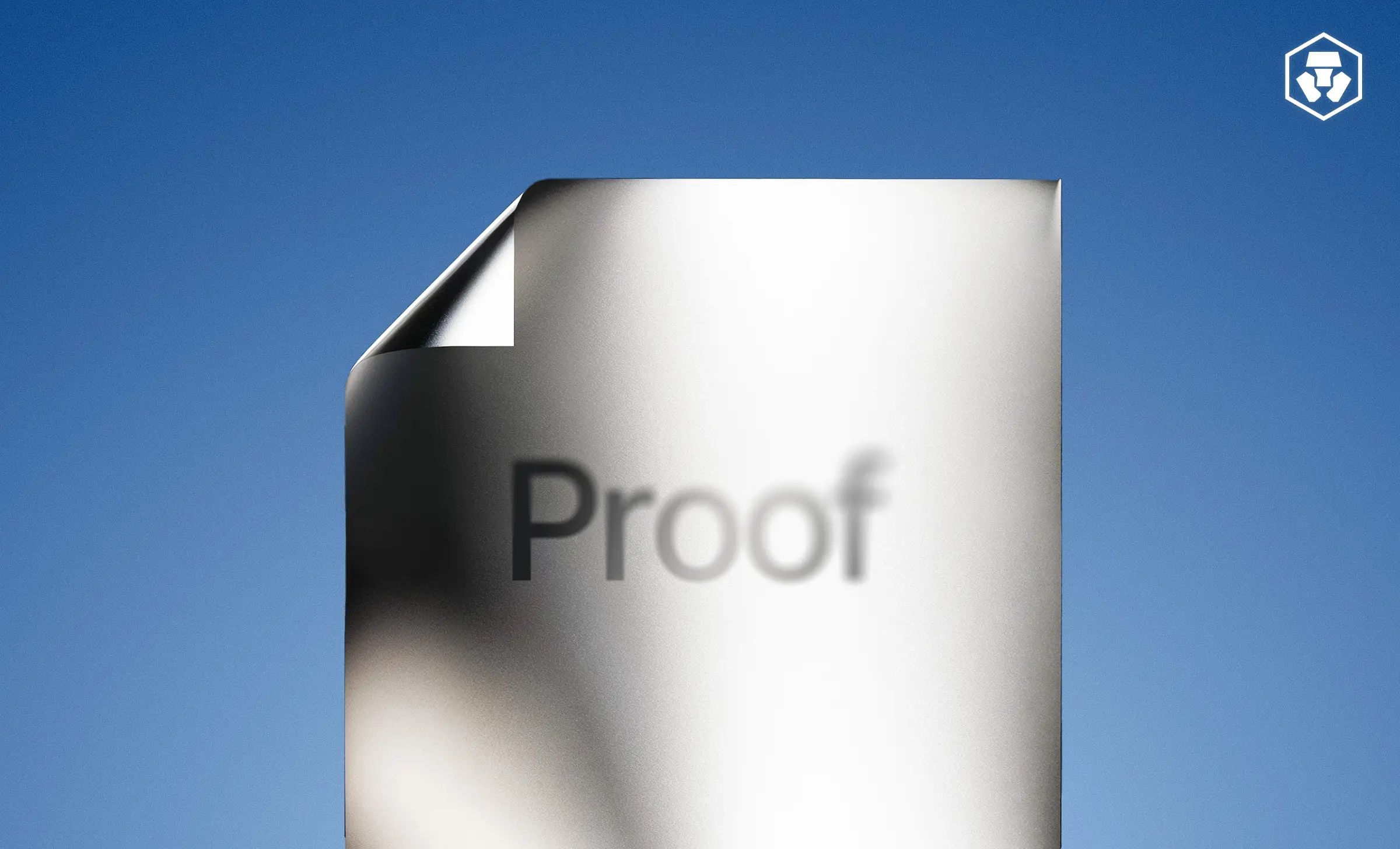
Zero-Knowledge Proofs for Transaction Privacy: Payy leverages zero-knowledge proofs to authorize transactions, ensuring that payment details—such as amounts and wallet addresses—remain confidential, even as transactions are settled with Visa.
-
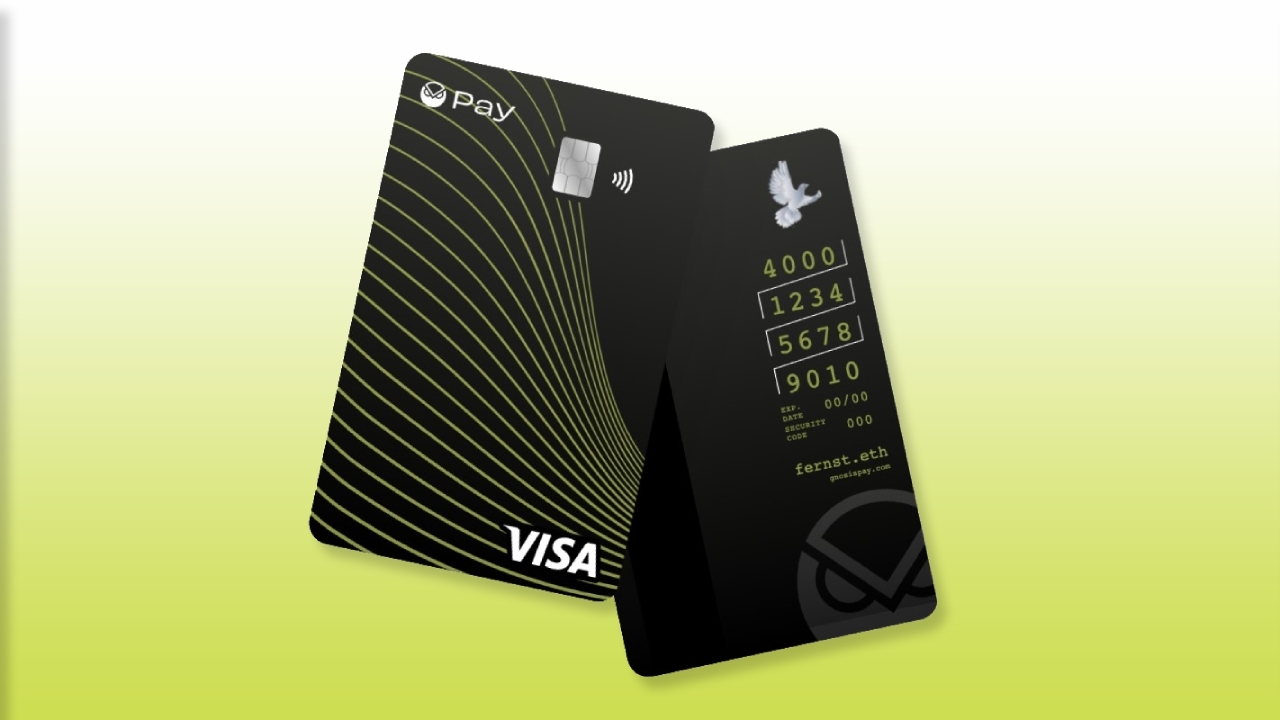
Private Blockchain Settlement: Transactions are settled on a private blockchain before reaching Visa’s network, preventing public exposure of user data and enhancing privacy compared to typical Solana or Ethereum transactions.
-

Ephemeral Wallets for Each Payment: When spending, funds are moved to a new ephemeral wallet embedded in a link or QR code, so actual payment data never leaves the user’s device, and only a cryptographic state hash is transmitted.
-
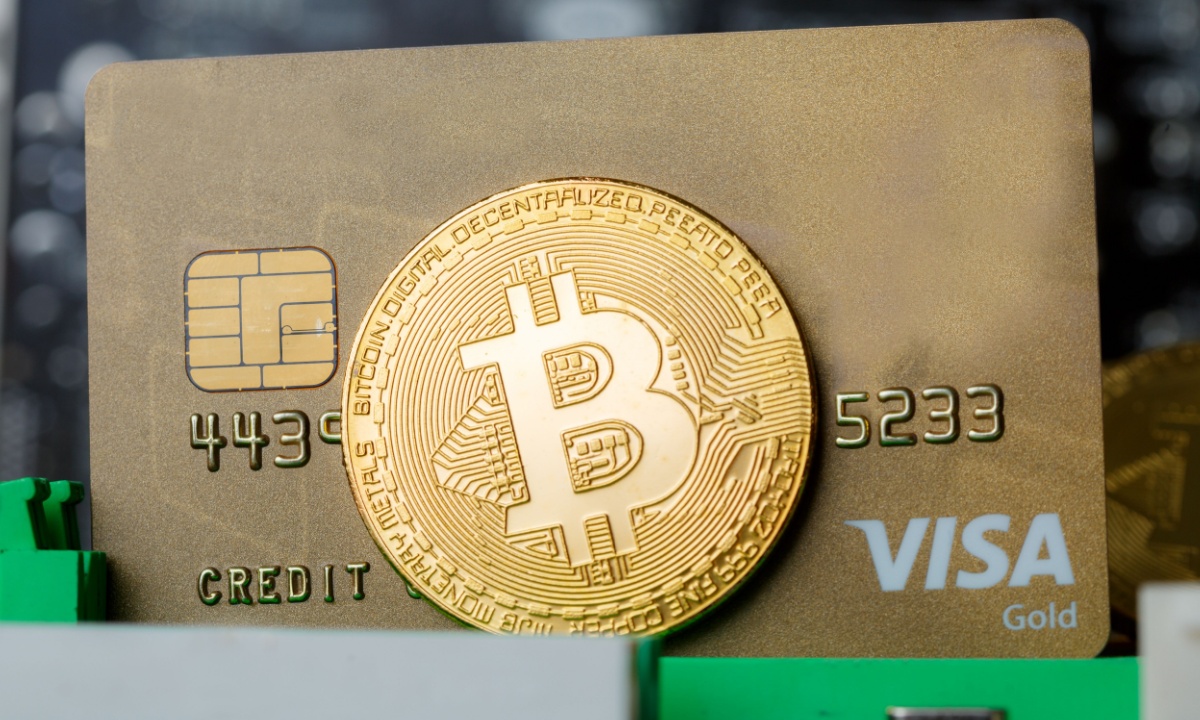
No Exposure of Wallet Addresses or Amounts: The Payy Visa Card enables users to spend stablecoins at any Visa-accepting merchant without revealing wallet addresses or transaction amounts, protecting both sender and recipient privacy.
-
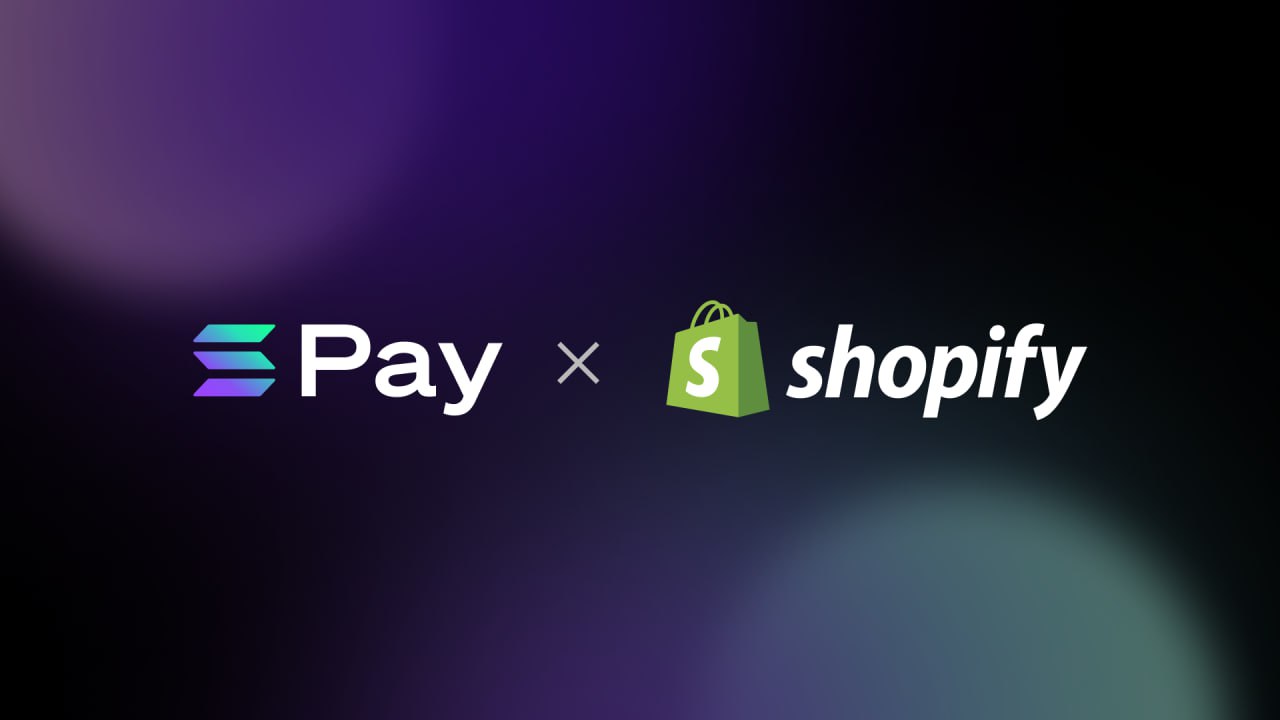
Seamless Integration with Solana’s Scalable Network: Built on Solana, Payy benefits from high-speed, low-cost transactions while maintaining robust privacy, bridging decentralized finance and traditional payments securely.
When you initiate a payment, your funds move from your main wallet into an ephemeral (temporary) wallet embedded in a secure link or QR code. The recipient claims these funds with their own Payy wallet, no one else can intercept or decipher what happened in between.
This process ensures that actual payment data never leaves your device. Only proof that a valid transfer occurred is shared with the network, a quantum leap beyond traditional blockchain payments where everything is public by default.
Stablecoins on Solana: The Perfect Match for Private Spending
The timing couldn’t be better for private stablecoin cards like Payy. With heavyweights such as PayPal’s PYUSD launching on Solana, users now enjoy faster settlement times and lower costs than ever before. But speed means little if every purchase is exposed to public scrutiny.
The Payy Card eliminates this pain point by combining Solana’s efficiency with robust privacy architecture, effectively creating a non-custodial crypto card that feels just as seamless as any mainstream debit card but infinitely more secure.
With the arrival of private stablecoin cards like Payy, the Solana ecosystem is seeing a major leap forward in both user experience and privacy standards. This isn’t just about hiding numbers on a ledger – it’s about restoring genuine financial sovereignty to everyday users. For traders, entrepreneurs, and anyone who values discretion, the Payy Card represents a powerful shift away from surveillance-prone public ledgers.
Regulatory compliance remains crucial, especially as global authorities tighten their gaze on crypto payments. Payy’s zero-knowledge privacy engine strikes a pragmatic balance: merchants and payment processors can verify that transactions are legitimate and compliant, but they never see your personal wallet details or transaction amounts. That’s real privacy with none of the regulatory headaches that come with fully anonymous solutions.
What Sets Payy Apart in Solana Payment Innovations?
Unlike previous attempts at private crypto cards, Payy doesn’t require you to jump through technical hoops or trust a centralized custodian. Installation is quick – often just minutes – and there’s no need to sacrifice control over your funds. You retain custody at every step, thanks to non-custodial wallet architecture and multi-party computation (MPC) security under the hood.
Motivational insight: The next wave of crypto adoption won’t be driven by speculation alone. It’ll be powered by tools that let people spend their digital dollars with confidence and privacy – without sacrificing speed or convenience.
The synergy between Solana’s high throughput, stablecoin integrations like PYUSD, and confidential token standards means we’re entering an era where private spending is both scalable and accessible. Read more about the Payy Visa Card launch.
Real-World Use Cases: From Daily Purchases to Professional Payments
Imagine buying coffee with USDC at your local café or paying freelancers across borders – all without exposing your wallet balance or spending history to the world. That’s what Payy unlocks for Solana users today. It also opens up new possibilities for businesses that want to pay suppliers or employees in stablecoins while keeping sensitive financial data confidential.
Everyday Ways Payy Card Transforms Crypto Spending
-
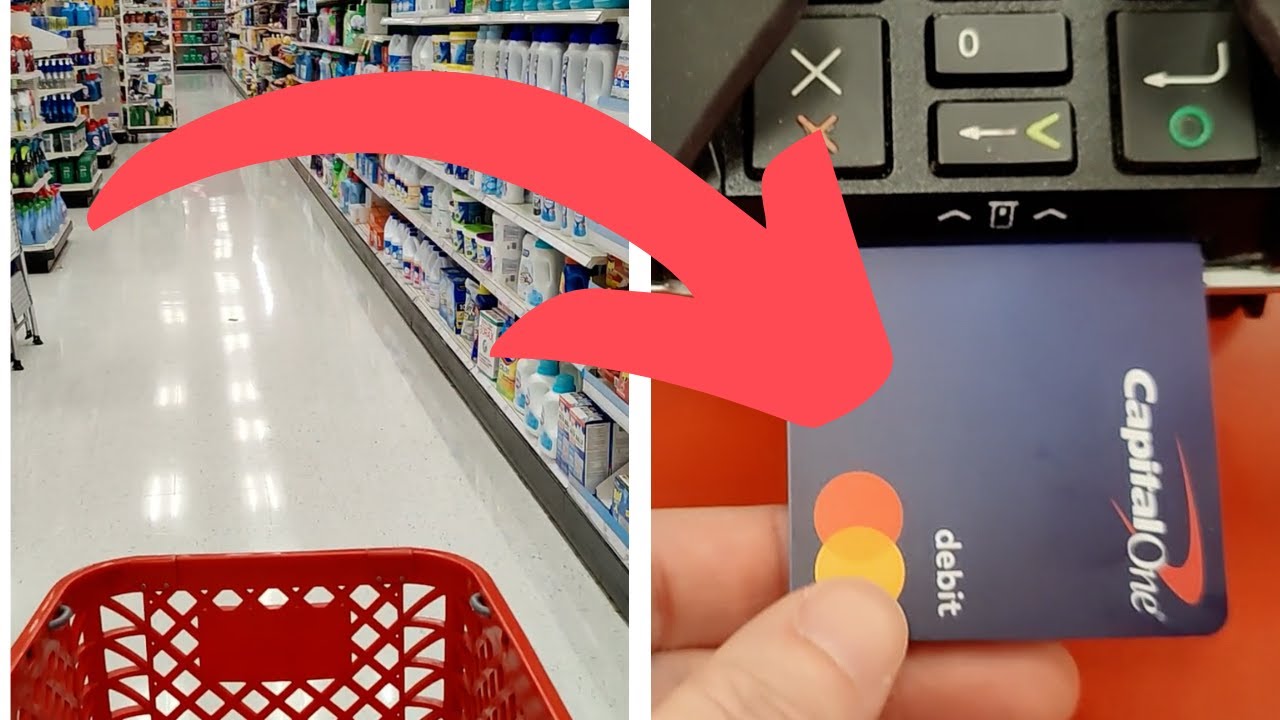
Shopping at Local Stores Without Exposing Your Wallet: Use the Payy Visa Card to pay for groceries, coffee, or retail goods—your wallet address and transaction details stay private, unlike traditional crypto payments.
-

Splitting Bills Securely With Friends: Settle restaurant tabs or group expenses by sending stablecoins through Payy’s private links or QR codes, ensuring only the sender and recipient see the transaction details.
-

Booking Travel and Accommodation Privately: Reserve hotels or flights with stablecoins on the Payy Card, keeping your spending habits and travel plans confidential from public blockchain observers.
-

Donating to Causes Anonymously: Support charities or online creators with stablecoins via Payy, ensuring your contribution amount and identity remain private while still using a mainstream payment network.
-
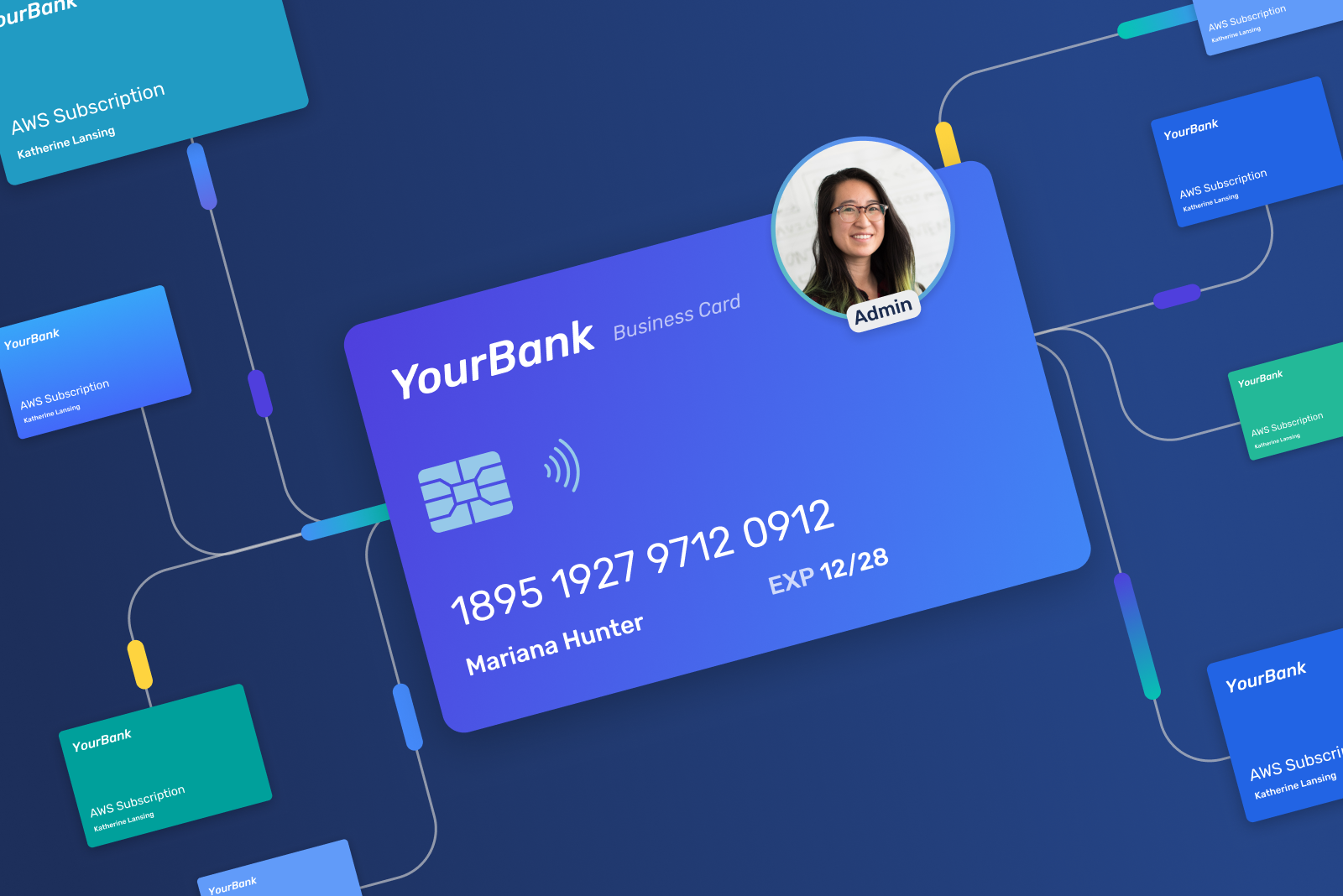
Paying for Online Subscriptions Without Revealing Identity: Subscribe to digital services or content platforms with stablecoins through Payy, so your subscription history isn’t publicly visible on-chain.
The impact goes beyond individual users. As more payment apps integrate embedded MPC wallets and confidential balances on Solana, we’ll see a domino effect across fintech: less friction for global payments, stronger data protection for customers, and new opportunities for merchants to accept digital assets without compliance risks.
The Future of Private Crypto Payments Is Already Here
The launch of the Solana Payy Card signals that private blockchain payments have graduated from theory to reality. With zero-knowledge proofs safeguarding every tap or swipe, users no longer have to choose between speed and discretion.
If you’re serious about controlling your digital footprint while enjoying the benefits of fast, low-cost stablecoin payments on Solana, it’s time to consider making Payy part of your daily toolkit. Privacy isn’t just a feature – it’s becoming standard practice for anyone who values true ownership in Web3 finance.










